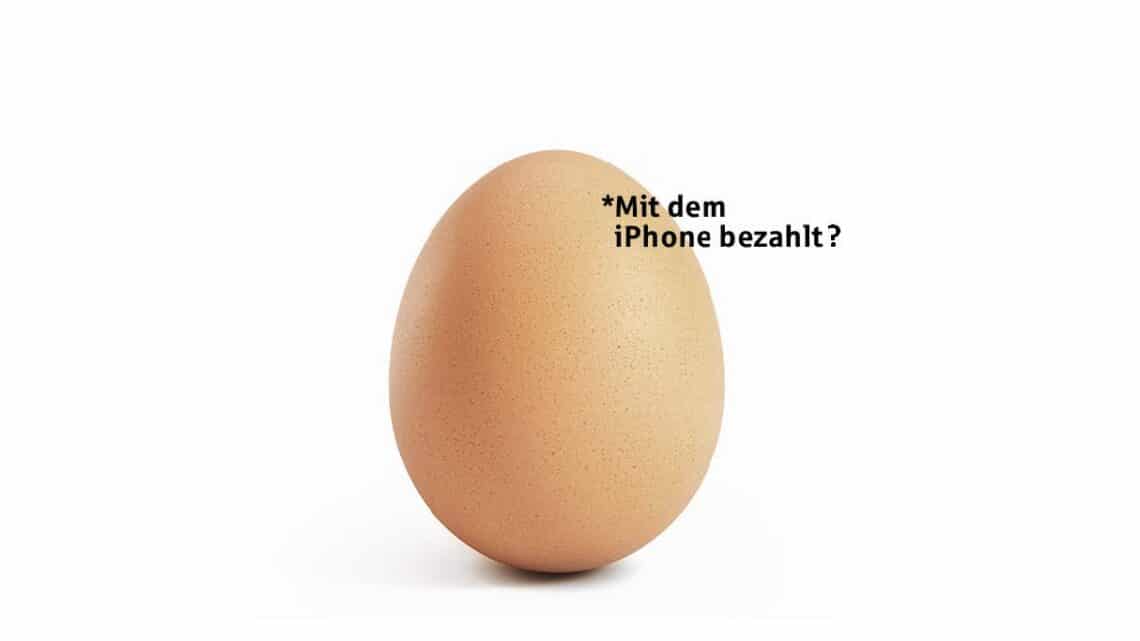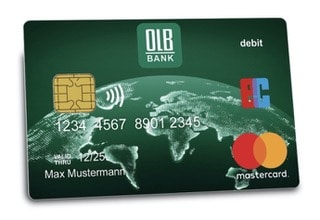Eine Kolumne von Marcus W. Mosen
Die einen wissen es immer besser, die anderen haben es schon immer besser gewusst, und nur die allerwenigsten wissen, wovon sie schreiben – und nichts wissen macht offensichtlich auch nichts. Unter diesem Motto kann man zahlreiche Kommentare in den letzten Tagen und Wochen in unserer Banking- und Paymentblase zu den ein oder anderen News zusammenfassen.
Kaum hatte unser investigativ-fleißige @SchreiberDohms unter Missachtung des Verbots der Sonntagsarbeit die Exklusivmeldung zur sang- und klanglosen Einstellung des Brands „Paydirekt“ in die Welt posaunt, wussten die vielen Schlaumeier in den (sozialen) Medien bereits, dass man diese Entscheidung eigentlich schon 2015 hätte treffen sollen/können/müssen.
Diese Schlussfolgerungen und Kommentare können schon dem/der ein oder anderen, der/die sich in den vergangenen sechs Jahren in unterschiedlichen Positionen mit dem Aufbau des Paypal-Klons beschäftigt haben, den genussvollen Biss ins Sonntagsbrötchen vermiest haben. Denn trotz aller gerechtfertigten Kritik an der Vision „Paydirekt“ haben die Kolleginnen und Kollegen, die über Jahre versucht haben, eine von den Gremien in Teilen nur halbherzig verabschiedete Strategie umzusetzen, doch Respekt für ihr Engagement verdient.
Paypal-Klon
Paydirekt befand sich von Anfang an in dem Dilemma der Unentschlossenheit der „Inkubatoren“ innerhalb der drei DK-Säulen. Während die Ersten zögerten, sprachen die Zweiten gerne von „Funding-Runden“ wie bei einem Startup und dachten die Dritten bereits in ihren Hinterzimmern darüber nach, wie man gesichtswahrend den „Exit“ organisieren könnte.

Einen Paypal-Klon zu erschaffen in nationalen Grenzen, mit begrenztem Budget und mit einem auf den Onlinehandel eingegrenzten Scope – das konnte nicht gut gehen. Obwohl mit viel Strategieberatungskompetenz und -kapazitäten gestartet und gesteuert, kam das Angebot am Markt nicht wirklich an. Paydirekt ist heute das Synonym für eine Vision von digitalen Paymentprodukten per Gremienbeschluss in verbandsnahen Strukturen – nur dass der Markt diesem Beschluss nicht mehr folgt.
Es ist Zeit, neue Wege zu gehen. Diese Hoffnung verbindet die Payment-Bubble jetzt mit der European Payment Initiative (#EPI), die ein Pendant zu Mastercard und Visa schaffen will. Die Sparkassen wollen dieses Mal auf dem Kommandodeck sein: sie haben (bisher) als einzige kreditwirtschaftliche Säule die Girocard ins Apple-Wallet gebeamt. Damit schaffen sie zweierlei: 1. Sie nutzen den Wunsch der coronabedingten mobilen Kontaktlosigkeit unserer Gesellschaft dem eigentlich im Produktlifezykle schon lange bei „Maturity“ angekommenen Kartenprodukt ein wenig Innovation einzuhauchen.
Und 2. könnte die Girocard in ApplePay ein hilfreiches, taktisches Manöver für die Verbesserung der Verhandlungsposition bei der Durchsetzung der Girocard-Prinzipien im EPI Projekt sein. Denn die Franzosen werden ihre „Carte Bancaire“ und die Holländer ihr „iDEAL“ nicht so schnell zur Disposition stellen wollen.
Ob jedoch die deutschen Verbraucher in ein oder zwei Jahren die Notwendigkeit eines weiteren neuen – aus der EPI definierten – Zahlverfahrens akzeptieren, ist fraglich, wenn jetzt die lokalen Strukturen zu sehr zementiert werden. Etwas mehr „Glasnost“ in den Entscheidungen und „Perestroika“ bei der weiteren Produktdefinition von EPI können sicherlich nicht schaden.
„Etwas mehr „Glasnost“ in den Entscheidungen und „Perestroika“ bei der weiteren Produktdefinition von EPI können nicht schaden.“
„Willkommen in der Zukunft“
Die Girocard in ApplePay dokumentiert die Unzulänglichkeiten einer nationalen Kartenlösung beim Einsatz dieser Paymentmethode im Ausland sowie im eCommerce. Sie funktioniert dort aktuell schlicht nicht. Letzteres will man mit der „Girocard im Internet“ beheben. Damit wäre entweder die Verwirrung der Kunden komplett oder das Giropay-Verfahren obsolet, oder beides. Die internationalen Kollegen in der „Neue Mainzer Straße“ und in „Unterschweinstiege“ (in Frankfurt) schlagen sich wahrscheinlich schon jetzt auf die Schenkel.

Und die Oldenburger, zumindest die mit einem Konto bei der gleichnamigen Landesbank, bekommen die gute alte „EC-Karte“ zurück, nur dass diese eigentlich schon alles kann – am POS, im Internet und im Apple- oder Google-Wallet allemal, weil es eigentlich eine „gefakte“ MasterCard Debit ist. „Willkommen in der Zukunft“, richtet uns der Deutschland Chef von MasterCard Peter Bakenecker mit einem Grinsen im Gesicht via LinkedIn aus.
Bei all dem Outside-In (Nicht-)Wissen zu den payment-strategischen Überlegungen, die die DK einmal getroffen hat bzw. vielleicht noch treffen wird, müssen wir Kommentatoren uns aber auch die Frage gefallen lassen, wie wir selbst diese Entscheidungen in Gremien- oder Konzernstrukturen umgesetzt hätten.

Denn Entscheidungen sind oft getrieben oder beeinflusst von anderen, übergeordneten Prioritäten und nicht zuletzt auch von den jeweils eigenen persönlichen Zielen der Entscheider. Es sind also nicht immer nur Vernunft, Überlegenheit, strategischer Weitblick oder Altruismus die Triebfedern für Entscheidungen.
Ein Vorteil solcher Entscheidungen ist jedoch, dass sie aufgrund ihrer Komplexität „fehlerverzeihlicher“ sind, da sie erst durch viele Prozesse und Hände gehen, bevor sie schließlich getroffen werden. Die kollektive Gesamtverantwortung wirkt dann im Nachhinein schon einmal wie ein Netz mit doppeltem Boden.
Jeder „Schreiberling“ sollte sich daher bei seinem „Schnellschuß“ in den sozialen Medien fragen, ob, wann und wie er/sie selbst schon einmal Visionen entwickelt und Strategien von A-Z umgesetzt hat. Denn reden/ schreiben ist relativ einfach. Entwickeln, Durchsetzen und Machen ist etwas komplett Anderes. Das kann ich aus eigener Erfahrung bestätigen. Hier und heute nur als Kommentator .-)





